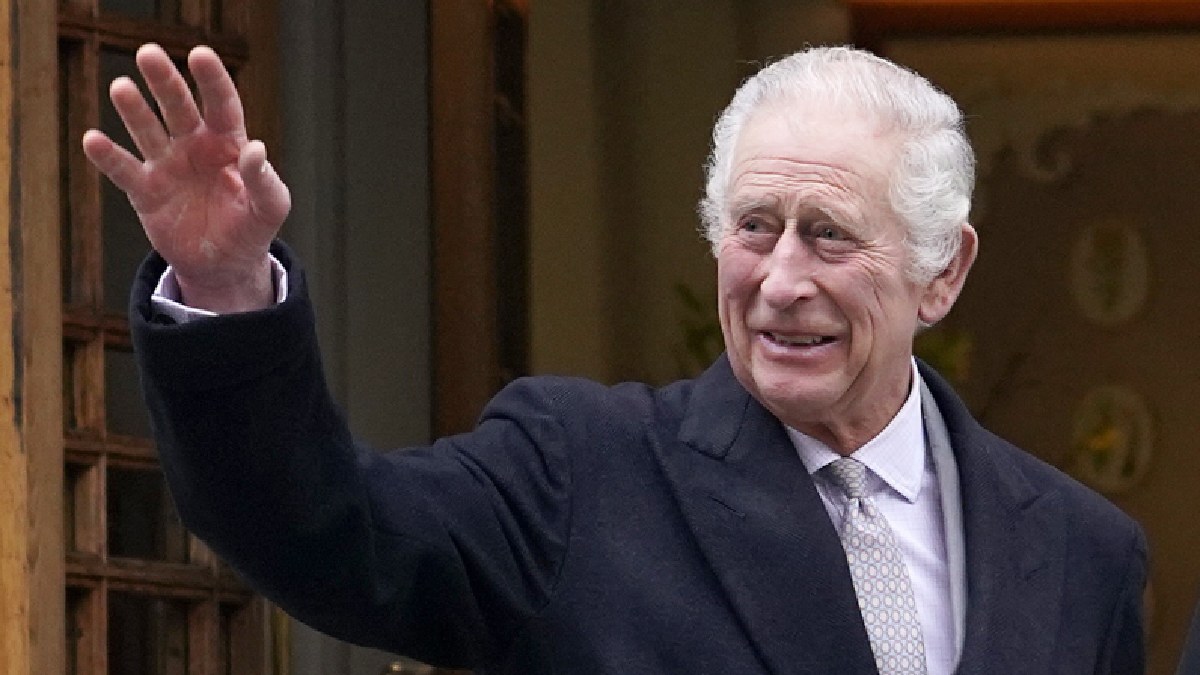PM to convey cross-border terror concerns to Pervez
On Board Air India One, Sep 12: Prime Minister Manmohan Singh has said he will convey to Pakistan President Pervez Musharraf in clear terms India´s concerns about Islamabad´s continuing support to cross-border terrorism when they meet on the sidelines of the 14th Non-Aligned Movement (NAM) Summit in Havana later this week.
''I will share with Gen Musharraf our perceptions of what's the role of external elements in promoting terrorism in our country,'' he told journalists accompanying him on his nine-day visit to Brazil and Cuba.
''We'll have an exchange of views on all issues, particularly the commitment of Pakistan to not to allow Pakistan territory, and that includes the parts of Jammu and Kashmir which are in their occupation, to mount terrorist attacks against India,'' he said.
Asked whether the meeting would have a structured format, Dr Singh said it would cover all aspects of the relations between the two countries. ''We are not afraid of discussions on any subject,'' he said.
The Prime Minister will reach Havana on September 14 evening for the two-day NAM Summit to be held on September 15-16. The meeting with Gen Musharraf will take place on one of those two dates.
The two leaders had last met in New York on the sidelines of the United Nations General Assembly in September, 2005.
Before that, Gen Musharraf had visited Delhi in April last year to watch a cricket match between India and Pakistan. During his meeting with Dr Singh, he had reassured India that he would not allow Pakistani territory to be used for terrorist activities against this country.
There has been a stalemate in the peace process between the two countries after the July 11 serial blasts in Mumbai, which claimed over 180 lives.
Following the blasts, the Foreign Secretary-level talks between the two countries, scheduled for July 23-24, were postponed indefinitely, with New Delhi making it clear to Islamabad that the dialogue process could move forward only if it stopped supporting cross-border terrorism.
India has indicated in recent days that dates for the talks could be set if the Havana meeting between Dr Singh and Gen Musharraf went off satisfactorily.
Senior officials accompanying the Prime Minister said yesterday that the talks could resume if the Manmohan Singh-Musharraf meeting ''went off well.''
Foreign Secretary Shyam Saran had said much the same thing last Friday in New Delhi, making it clear that India would look for substantive steps towards ending support to cross-border terrorism. ''Our position is quite clear. Terrorism today constitutes a threat for both countries,'' the Prime Minister said.
He said that, in terms of the January, 2004, Joint Statement issued by the two countries and of the statements signed by him and Gen Musharraf at their last two meetings, it was incumbent on both countries to work together ''in a manner that inspires confidence that both of us are very serious about tackling the menace of terrorism.'' ''That's the minimum that I feel should commit our two governments, our two systems to work to achieve,'' he said.
The Prime Minister said there was today a ''trust deficit'' between the two countries.
''And we have to take that on board. We have to take adequate precautions," he said.
In reply to a question, he said he had no problem in dealing with the military ruler of Pakistan.
''Gen Musharaff is the President of Pakistan and we have to deal with whoever is in power in Pakistan,'' making it clear that it was for the people of Pakistan to choose their system of governance.
He said the destinies of the two countries were strongly interlinked and the full development potential of the sub-continent could not be realised unless there was reconciliation between them.
The Prime Minister said it was not true that there had been lack of progress in the peace process between the two countries.
He said the two countries had moved considerably over the last two years on various fronts, especially in establishing transportation links and encouraging people-to-people contacts, including the two parts of Jammu and Kashmir.
He said two years ago no one could visualise the freedom with which Hurriyat representatives were travelling wherever they wished to. ''It's an unprecedented development,'' he remarked.
''We have been discussing various issues as part of the composite dialogue. We can, and we should, move forward,'' he said.
But Dr Singh felt the continuing incidents of terrorism in India would ''surely act as a dampener.'' ''I have said more than once that I can't carry Indian public opinion with me if terrorist acts continue to plague our polity,'' he said.
He said incidents such as the July 11 serial blasts in Mumbai vitiated the climate between the two countries.
Dr Singh said India had given Pakistan substantial evidence of the involvement of elements from across the border in such incidents.
Past events had shown that Pakistan's sponsorship of terrorism was ''a fact of life.'' He said the January 2004 statement signed by then Prime Minister Atal Bihari Vajpayee and Gen Musharraf was a ''tacit recognition'' by Pakistan of such realities.
At the same time, he recognised that Pakistan was also a victim of terror attacks.
He said groups such as the LeT and the Jaish-e-Mohammed could act ''autonomously'' also and felt Pakistan had not done enough to control them.
UNI
Related Stories
PM non-commital on meeting Musharraf in Havana


 Click it and Unblock the Notifications
Click it and Unblock the Notifications




